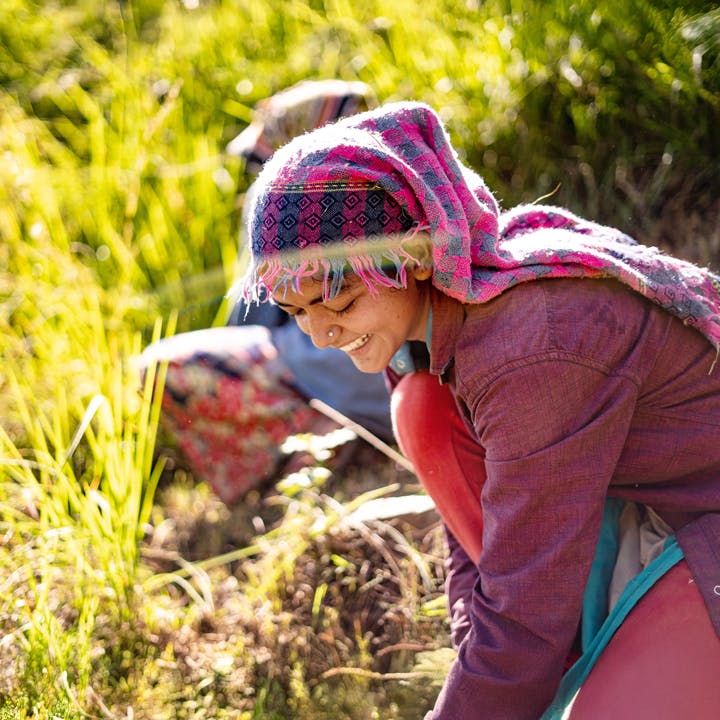Financing a
just transition
While the world must be able to adapt and reimagine itself by integrating the energy and ecological transitions, the role of the financial sector is multi-dimensional: it must support its institutional, corporate and individual clients in their projects without forgetting those who are most vulnerable as a result of climate change. A central question arises: how can the transition to a new, more sustainable economic model be achieved without reinforcing inequalities?

“To be accepted, the transition to a sustainable economy must be a just transition that leaves no one behind: neither companies, whose transformation must be sustainable in the long term, nor individuals, whose purchasing power must be protected.”
THE KEY ROLE OF BANKS IN FINANCING AND ACCELERATING THE JUST TRANSITION
According to the International Labour Organization (ILO), “a just transition promotes environmentally sustainable economies in a way that is inclusive, by creating decent work opportunities, reducing inequality and leaving no one behind”. Social policies are needed to mitigate the impact of the transition on the most vulnerable sectors of the economy - which will have to transform, adapt or even disappear - while others will develop to serve a low-carbon economy. Since 2023, BNP Paribas has published an annual Just Transition Observatory to examine civil society’s expectations on this complex issue at the European level and raise awareness among all stakeholders for the need to create solutions that enable everyone to participate in this vital transformation.
72%
The percentage of Europeans who, in 2024, believed that efforts to combat global warming will generate inequalities between the wealthy and the most disadvantaged.
Source: BNP Paribas Just Transition Observatory, 2024.

The Group is convinced that banks have a role to play in meeting the considerable investment needs of the transition and in financing just transition programmes. To make the transition accessible, BNP Paribas is helping its individual and corporate clients to make the necessary investments without jeopardising their purchasing power and economic viability. Dedicated teams offer clients innovative products and services with a positive impact. For example, we finance low-carbon mobility solutions and home energy renovations to reduce transition costs for individuals. But supporting a just transition also means empowering those most at risk to protect themselves by adapting their activities, not reluctantly, but deliberately. A good example of this is farmers who are significantly affected by climate change. BNP Paribas has placed regenerative agriculture at the heart of its strategy to support the agri-food sector because it contributes to restoring the soil and making it more productive over time, thus ensuring the sustainability of clients’ activities. For instance, the partnership between BNP Paribas and McCain in Poland supports famers in their transition in a very concrete manner (see page 68). It is a change in which they are fully involved, through a genuine just transition approach.
